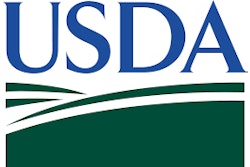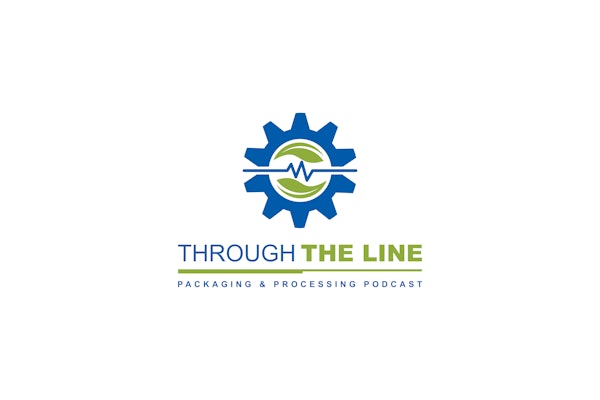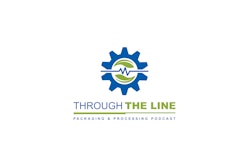
The FDA has taken a major step in foodborne illness prevention, finalizing the Foundational Rule to more effectively trace contaminated food through the food supply, whether it’s sourced in the U.S. or abroad.
The final rule establishes additional traceability recordkeeping requirements for those that manufacture, process, pack, or hold certain foods, including fresh leafy greens, nut butters, fresh-cut fruits and vegetables, and ready-to-eat deli salads. In collaboration with industry, the FDA will be able to more rapidly and effectively identify the origin and route of travel of certain contaminated foods to prevent or mitigate foodborne illness outbreaks, address credible threats of serious adverse health consequences or death, and minimize overly broad advisories or recalls that implicate unaffected food products. Foods subject to the final rule requirements appear on the Food Traceability List (FTL).
 | FDA Proposes Updated Definition of 'Healthy' Claim on Food Packages |
Key features of the final rule include:
- Critical Tracking Events: Records containing Key Data Elements at specific points in the supply chain, such as harvesting, cooling, initial packing, receiving, transforming, and shipping FTL foods, are required.
- Traceability Plan: Information essential to help regulators understand an entity’s traceability program is required. The program should include a description of the procedures used to maintain required records, descriptions of procedures used to identify foods on the FTL, descriptions of how traceability lot codes are assigned, a point of contact for questions regarding the traceability plan, and a farm map for those that grow or raise a food on the FTL.
- Additional Requirements: To comply with the new rule, companies must maintain records as original paper or electronic records, or true copies; provide requested records to the FDA within 24 hours of a request (or within a reasonable time to which the FDA has agreed); and provide records in an electronic sortable spreadsheet, when necessary, to assist the FDA during an outbreak, recall, or other threat to public health.


















